The Hormone Epinephrine Has Which Effect On The Heart's Conduction System?
The hormone epinephrine has which effect on the heart's conduction system?. The alpha-adrenergic effects increase vascular resistance and act as a potent vasopressor. The hormone leads to increase in blood sugar levels higher heart rate and increase in blood pressure while also kickstarting energy production. Strong emotions such as fear or anger cause epinephrine to be released into the bloodstream which causes an increase in heart rate muscle strength blood pressure and sugar metabolism.
Low levels of the hormone epinephrine also called adrenaline cause blood vessels to relax and widen. The adrenaline epinephrine Epinephrine Produced by the body in case of danger which increases the heart rate and pupil dilation to improve visibility increased blood flow in the muscles to. Increased contractility how hard the heart squeezes.
In the cardiovascular system it almost always acts as a vasodilator that is it reduces and balances the heart rate. Epinephrine and norepinephrine prepare the body against threat by increasing heart rate blood pressure and perspiration dilating the pupils and bronchioles and inhibiting gastrointestinal activity. What does this mean.
It mimics sympathetic nerve stimulation and speeds up the heart rate. Epinephrine also called adrenaline hormone that is secreted mainly by the medulla of the adrenal glands and that functions primarily to increase cardiac output and to raise glucose levels in the blood. 28 M 3 receptor activation may have an opposite effect on heart.
Most commonly the pacemaker responds to. Increased blood sugar levels. A number of hormones from the endocrine system affect your heart and blood vessels.
In short it drives the body to optimum levels of energy and concentration in order to achieve one purpose survival. Systemically absorbed epinephrine could also increase heart rate and exacerbate cardiac rhythm disturbances or myocardial ischemia. Epinephrine also called adrenaline has powerful effects on the body.
It causes a release of calcium and speeds up the heart rate. The beta 1-receptor effects stimulate the heart.
Systemically absorbed epinephrine could also increase heart rate and exacerbate cardiac rhythm disturbances or myocardial ischemia.
Most commonly the pacemaker responds to. Norepinephrinenoradrenalin on to the pacemaker cell will speed up its oscillating frequency. Epinephrine is a prototype for an adrenergic agonist. When activated by a β 1 -agonist such as NE or EPI heart rate is increased positive chronotropy conduction velocity is increased positive dromotropy contractility is increased positive inotropy and the rate of myocyte relaxation is increased positive lusitropy. Also in the gastrointestinal system it favors digestive contractions. The alpha-adrenergic effects increase vascular resistance and act as a potent vasopressor. Start studying Chapter 11. The heart can also respond to the hormone adrenalin ie. Learn vocabulary terms and more with flashcards games and other study tools.
High levels of this same hormone along with the hormone norepinephrine cause the blood vessels to narrow and the heart rate to rise increasing blood pressure. Most commonly the pacemaker responds to. This electrical activity in the heart corresponds to electrocardiogram ECG wave tracings. Epinephrine also called adrenaline has powerful effects on the body. The heart can also respond to the hormone adrenalin ie. Strong emotions such as fear or anger cause epinephrine to be released into the bloodstream which causes an increase in heart rate muscle strength blood pressure and sugar metabolism. Epinephrine more commonly known as adrenaline is a hormone secreted by the medulla of the adrenal glands.





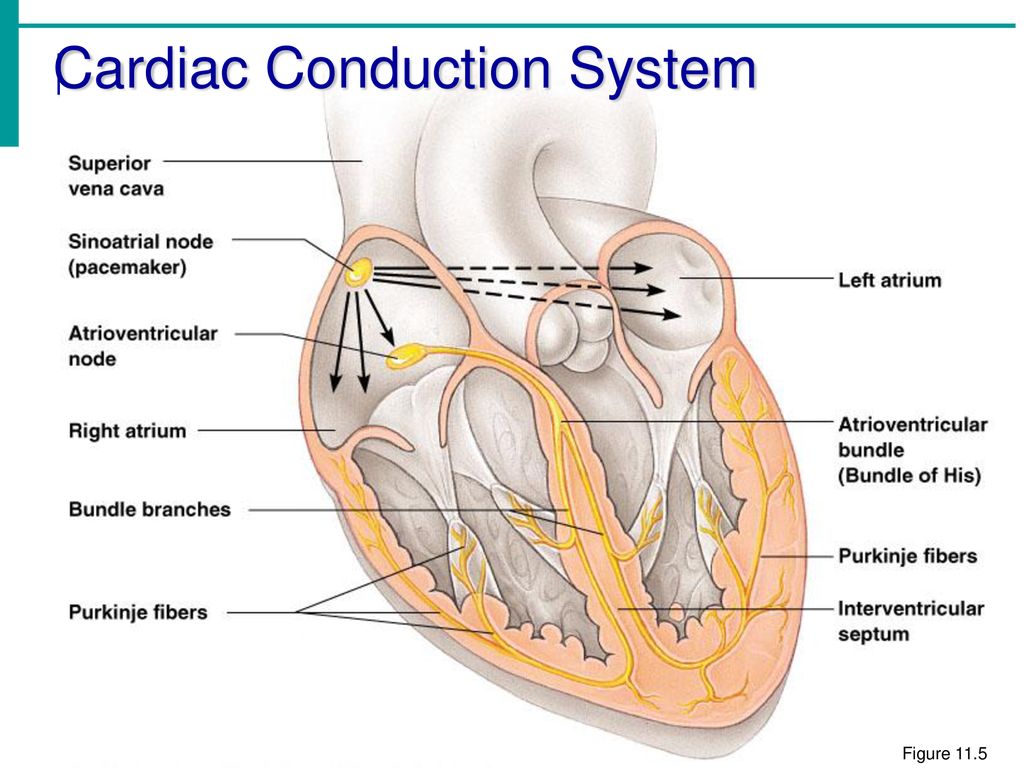



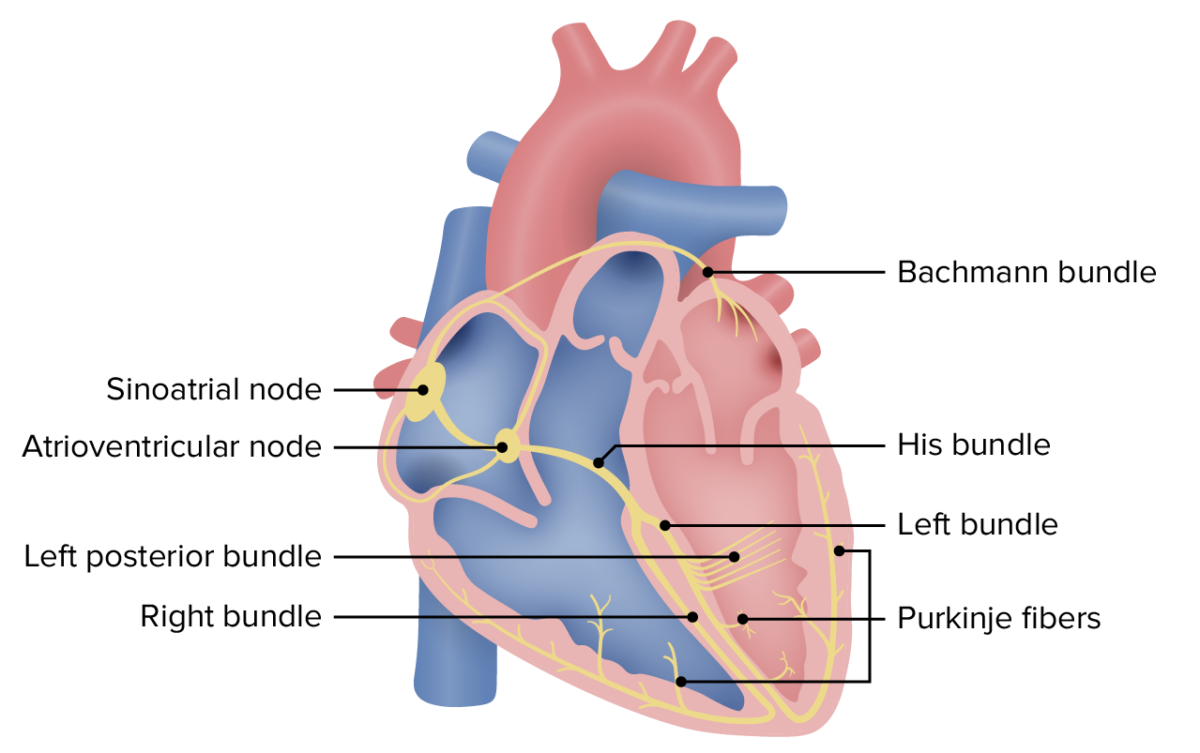
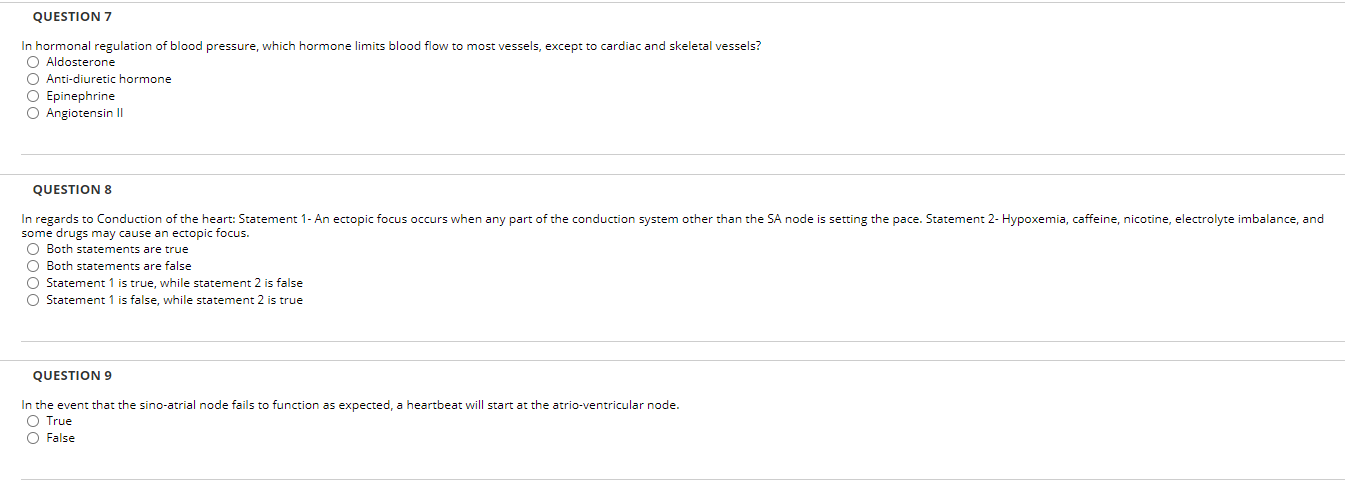




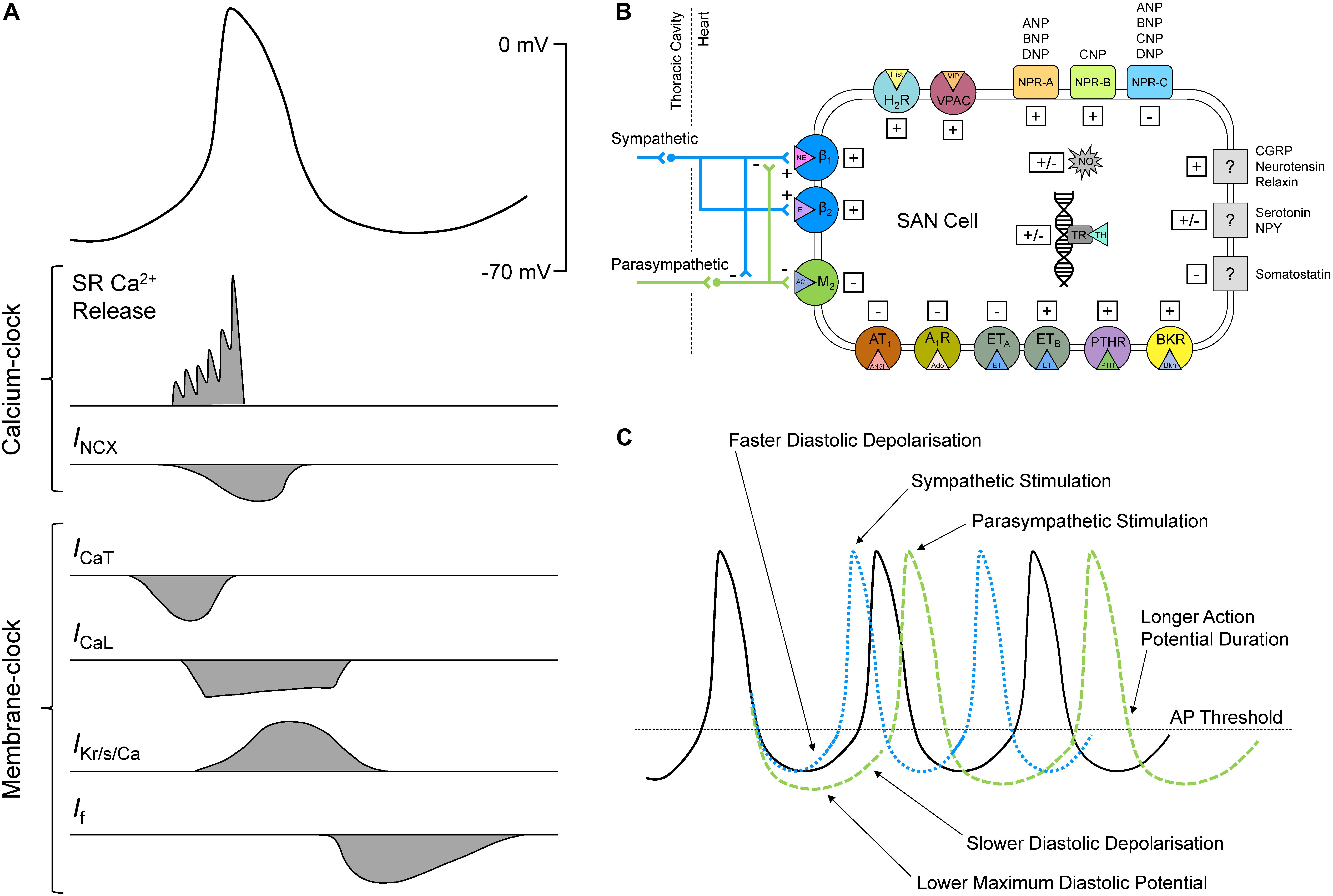






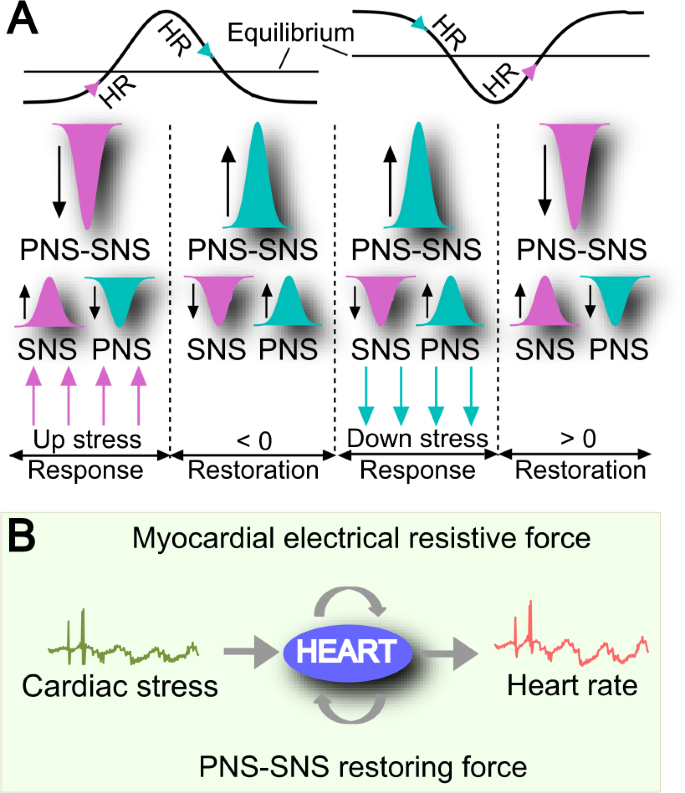




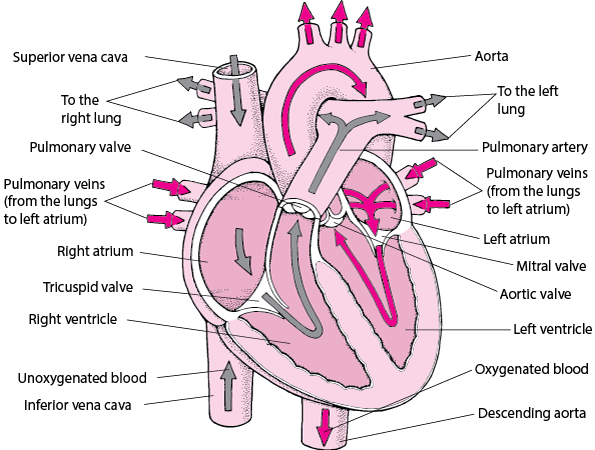


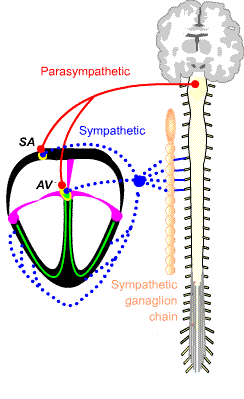



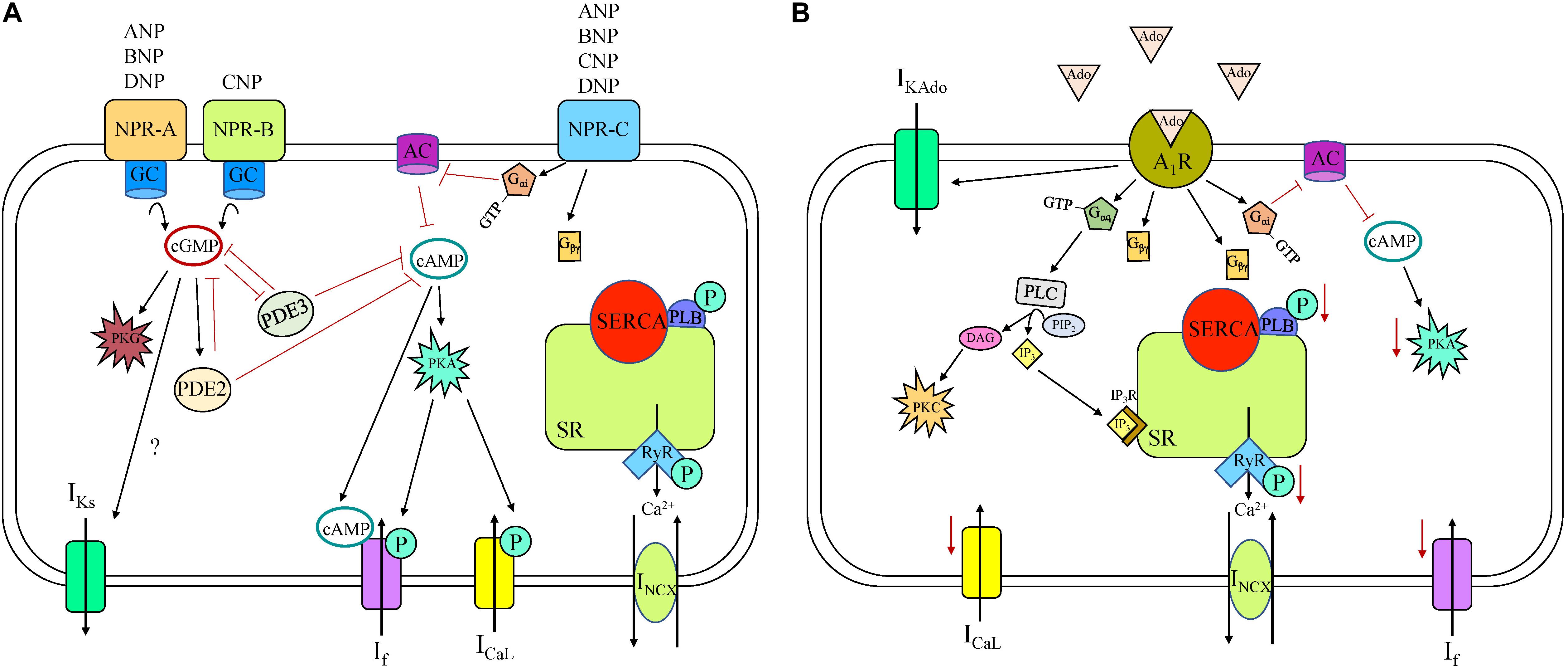




Posting Komentar untuk "The Hormone Epinephrine Has Which Effect On The Heart's Conduction System?"